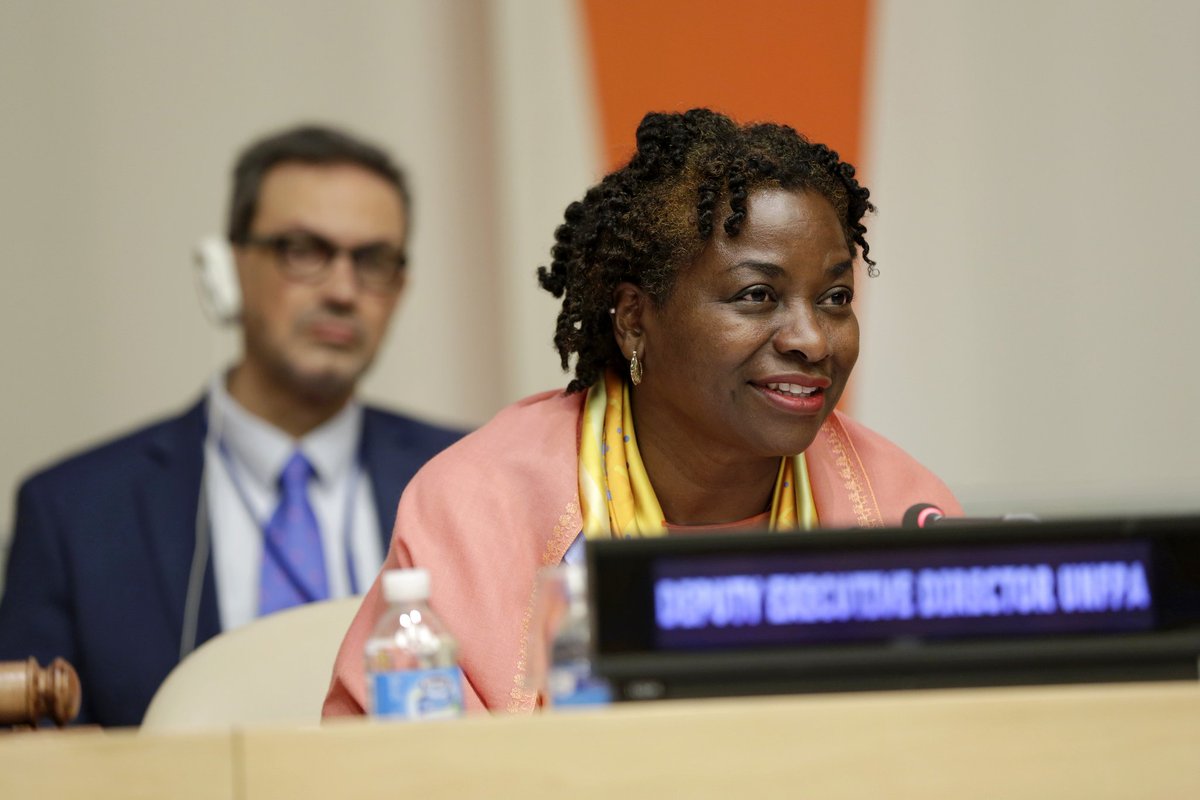
Protecting Women’s Reproductive Health can help Tackle Economic Inequality
by Yash Saboo October 24 2017, 4:35 pm Estimated Reading Time: 2 mins, 53 secsProtecting Women’s Reproductive Health can help Tackle Economic Inequality
Executive Director of the United Nations Population Fund (UNFPA) Dr Natalia Kanem says reproductive health and rights are, “critical but under-appreciated variables”, in the solution to economic inequality. They can also propel countries toward achieving the top UN Sustainable Development Goal of eliminating poverty.

Kanem called for universal access to reproductive health services during the launch of the UNFPA’s 2017 State of the World Population Report (SWOP) in London. The report is titled, Worlds Apart: Reproductive health and rights in an age of Inequality.
Kanem said: “We do feel we have to make not only direct appeals, but also explain the power of what we are talking about”. Inequality is not just about childcare but about the fact that “only about half of women in the world have paid jobs or have influence over their lives. It’s not too grandiose to say the stability of society is undermined by this.”
She also spoke of the counter-movement that has emerged following the American President’s decisions earlier this year to defund the UNFPA and reinstate an expanded version of the ‘global gag rule’, which prohibits non-U.S. organizations involved in work related to abortion from receiving U.S. government funding for any of their activities. Soon afterward, a number of governments and donors came together to form the family planning movement She Decides, while U.N. Women’s HeForShe campaign has also seen renewed momentum.

She feels happy that other countries stepped into the breach. She knew the difference the US money was making, particularly in Iraq and Jordan and she had already made promises to girls and women in the camps and didn’t want to disappoint them.
Kanem, a trained doctor and public health and human rights advocate, who served as acting executive director of the UNFPA after the death of Babatunde Osotimehin in June, said although there is still much to do and she is excited about the challenges. She has worked with UNFPA for a number of years, first as its representative in Tanzania and then as deputy executive director of programs under Osotimehin, the organization’s popular former chief who died suddenly earlier this year. Kanem took over as acting executive director for four months before being appointed to the position officially at the beginning of October, becoming the first Latin American to take the post. Her appointment was warmly welcomed by the family planning community.

The U.S. contributed $69 million a year to UNFPA before it withdrew funding based on an insinuation that the organization had been complicit in forced abortions and sterilizations in China under the country’s One Child Policy — an accusation that has been made against it by previous Republican governments. As Devex reported, UNFPA strongly denied the allegation, noting that most of its work in China is not focused on reproductive health but on gender-based violence, ageing populations and other issues.
Kanem said the organization now faces an overall funding gap of $700 million until 2020. The latest figures show that there are 214 million women and girls around the world in need of safe and effective family planning methods, and about 830 women die each day from complications related to pregnancy and childbirth. For countries seeking to tackle economic inequality, Kanem said, a good place to start is by addressing related inequalities, like reproductive health.




-173X130.jpg)
-173X130.jpg)
-173X130.jpg)
-173X130.jpg)
-173X130.jpg)
-173X130.jpg)

-173X130.jpg)